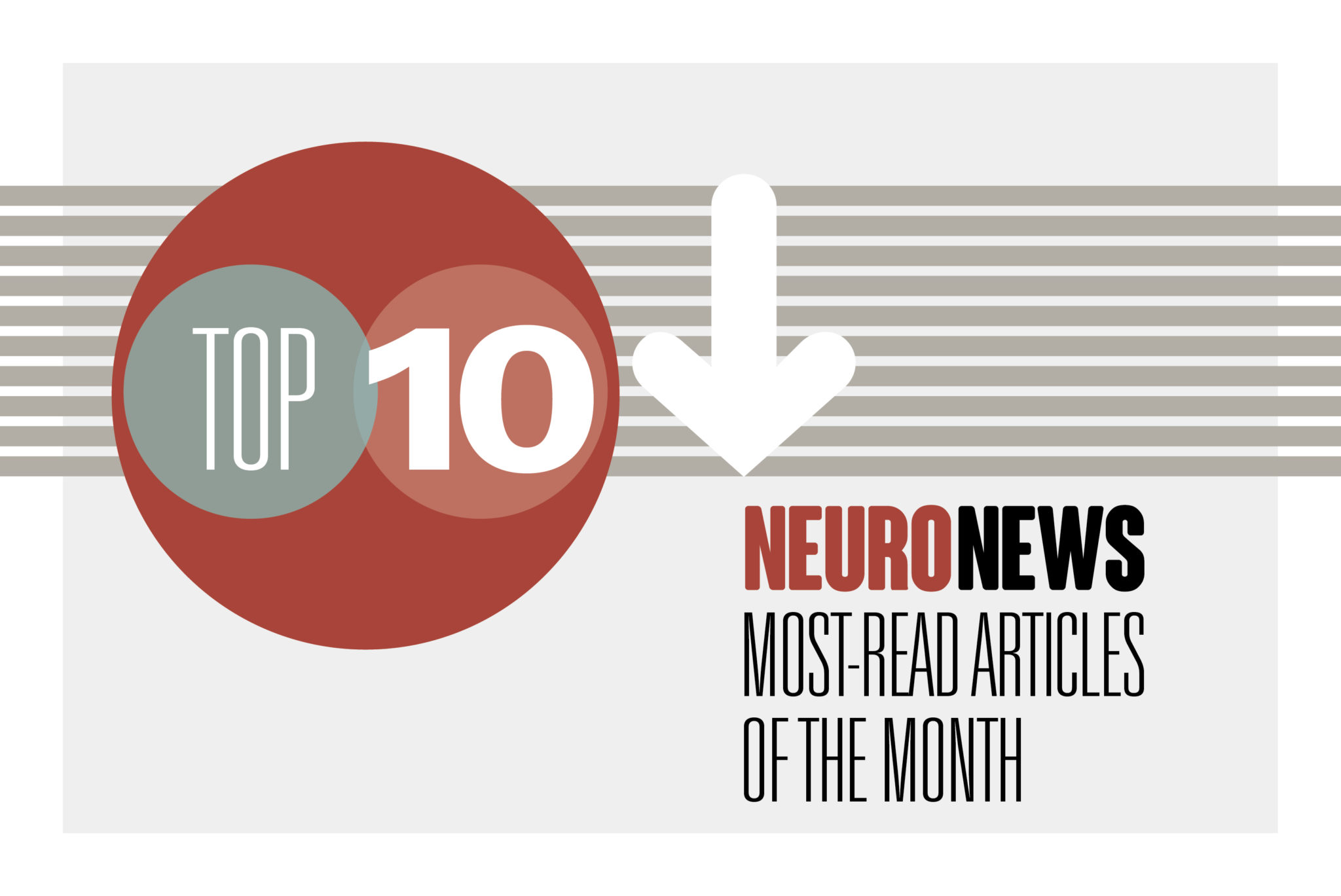A myriad of potentially groundbreaking clinical trials were in focus on NeuroNews throughout the month of May. A novel device in pain management, a new frontier in the treatment of basilar artery occlusion stroke, and a significant step forward for brain-computer interface technologies, all grabbed the headlines, while discussions surrounding hyperbaric oxygen therapy (HBOT) and gender disparities in carotid stenosis also featured prominently.
1. Medtronic announces first implant in study evaluating investigational, closed-loop neurostimulator
Medtronic has announced the first patient implant in a clinical study of its investigative, closed-loop, implantable neurostimulator. The ‘Evaluation of long-term patient experience with a Medtronic closed-loop SCS [spinal cord stimulation] system’ study is being conducted in Australia, and its objective is to characterise the efficacy of the company’s rechargeable neurostimulator for the treatment of overall pain in back and limb pain subjects.
2. ATTENTION results indicate “we have finally conquered the basilar artery” with endovascular therapy
This year’s European Stroke Organisation Conference (ESOC 2022; 4–6 May, Lyon, France) saw results from ATTENTION—a multicentre randomised controlled trial (RCT) evaluating the benefit of endovascular therapy (EVT) in basilar artery occlusion (BAO) stroke patients—presented for the first time.
3. FDA approves launch of “largest clinical trial to date” for tDCS depression treatment
Flow Neuroscience, which claims to be the creator of Europe’s first medically approved brain stimulation device to treat depression at home, has received full US Food and Drug Administration (FDA) investigational device exemption (IDE) to launch a US pivotal trial using its self-managed transcranial direct current stimulation (tDCS) headset in the treatment of major depressive disorder.
4. “Largest ever” study on traumatic brain injury highlights global inequality in causes and treatment
Neurosurgery experts from the University of Cambridge (Cambridge, UK) have led what is claimed to be the largest ever study examining the surgical management of traumatic brain injury, highlighting regional inequalities in both major causes and treatment of such injuries.
5. Treating chronic-stage stroke with hyperbaric oxygen therapy
Mohammed Elamir (The Villages, USA) and Amir Hadanny (Be’er Ya’akov, Israel) mark this year’s Stroke Awareness Month by discussing HBOT—an emerging approach that they believe could break new ground in post-stroke recovery.
6. Silk Road Medical announces FDA approval of expanded indications for the Enroute transcarotid stent system
Silk Road Medical recently announced that the US Food and Drug Administration (FDA) approved expanded indications for the company’s Enroute stent to include patients at standard risk for adverse events from carotid endarterectomy (CEA).
7. Millimetric implant offers promising alternative to opioids or surgery in pain management
Using a one-millimetre-sized wireless implant to stimulate peripheral nerves from within blood vessels has the potential to treat neuropathic pain that is resistant to traditional medical therapy, according to a team of multi-institutional researchers led by Sunil Sheth (University of Texas Health [UTHealth] Houston, Houston, USA).
8. Synchron enrols first patient in US COMMAND study of endovascular brain-computer interface
Synchron has announced enrolment of the first patient in the US COMMAND clinical trial for patients with severe paralysis at Mount Sinai Hospital in New York, USA.
9. Study findings encourage direct EVT approaches over bridging thrombolysis in select stroke patients
A retrospective study involving more than 200 patients has indicated that ‘bridging thrombolysis’ may not be associated with improved functional outcomes in stroke patients who achieve complete recanalisation—as compared to treatment with endovascular therapy (EVT) alone.
10. Carotid stenosis in women: Should the approach differ?
The existing evidence on whether women with carotid stenosis experience inferior treatment outcomes compared to men is mixed—and this uncertainty is reflected in the current clinical guidelines. Seemant Chaturvedi (Baltimore, USA) assesses this evidence and outlines how it may impact treatment approaches.











